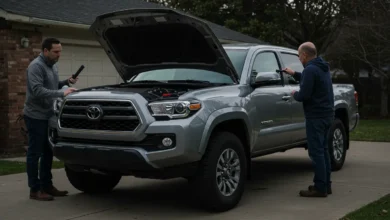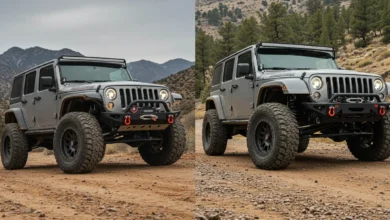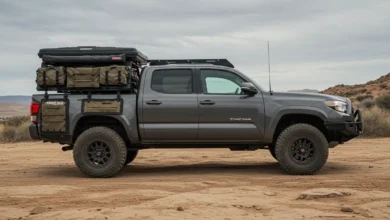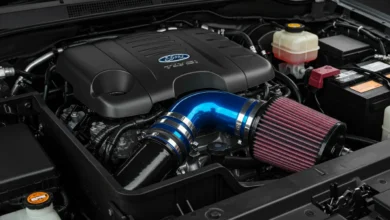Is a Lift Kit Worth It? What Every Tacoma Owner Should Know
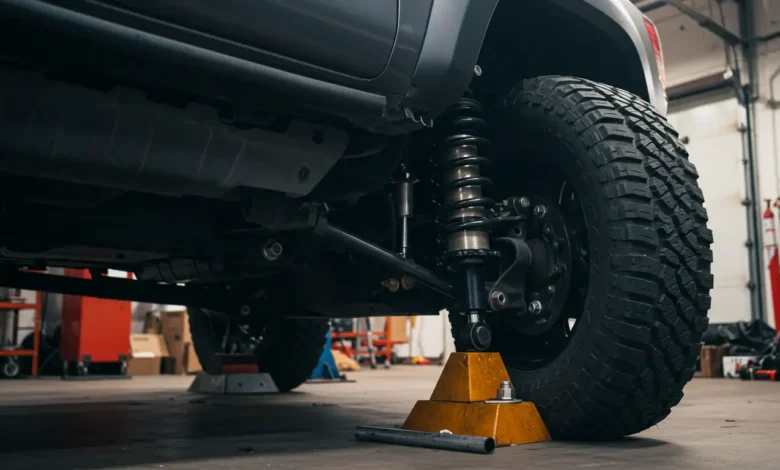
If you drive a Toyota Tacoma, chances are you’ve thought about lifting it. Whether it’s for the rugged off-road look, extra ground clearance, or better trail capability, a lift kit is one of the most popular mods Tacoma owners install. But before you throw down thousands on new suspension parts, you need to ask the real question:
Is it actually worth it?
This guide gives you a no-fluff breakdown of everything a Tacoma owner needs to know about lift kits—what they do, what they cost, how they affect performance, and whether they make sense for your lifestyle.
What a Lift Kit Actually Does
A lift kit increases the height between your Tacoma’s frame and the ground. It gives you more ground clearance, allows you to run larger tires, and changes the overall stance of your truck.
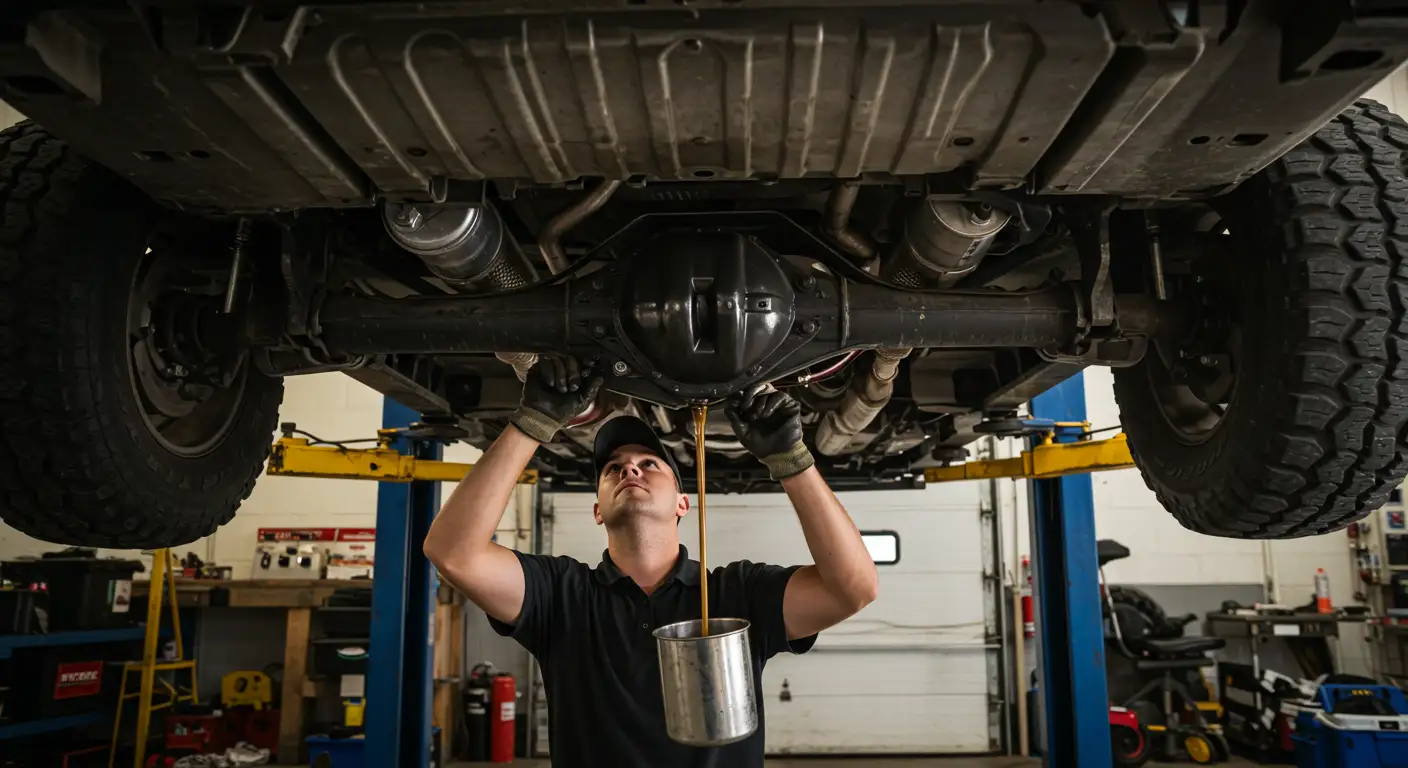
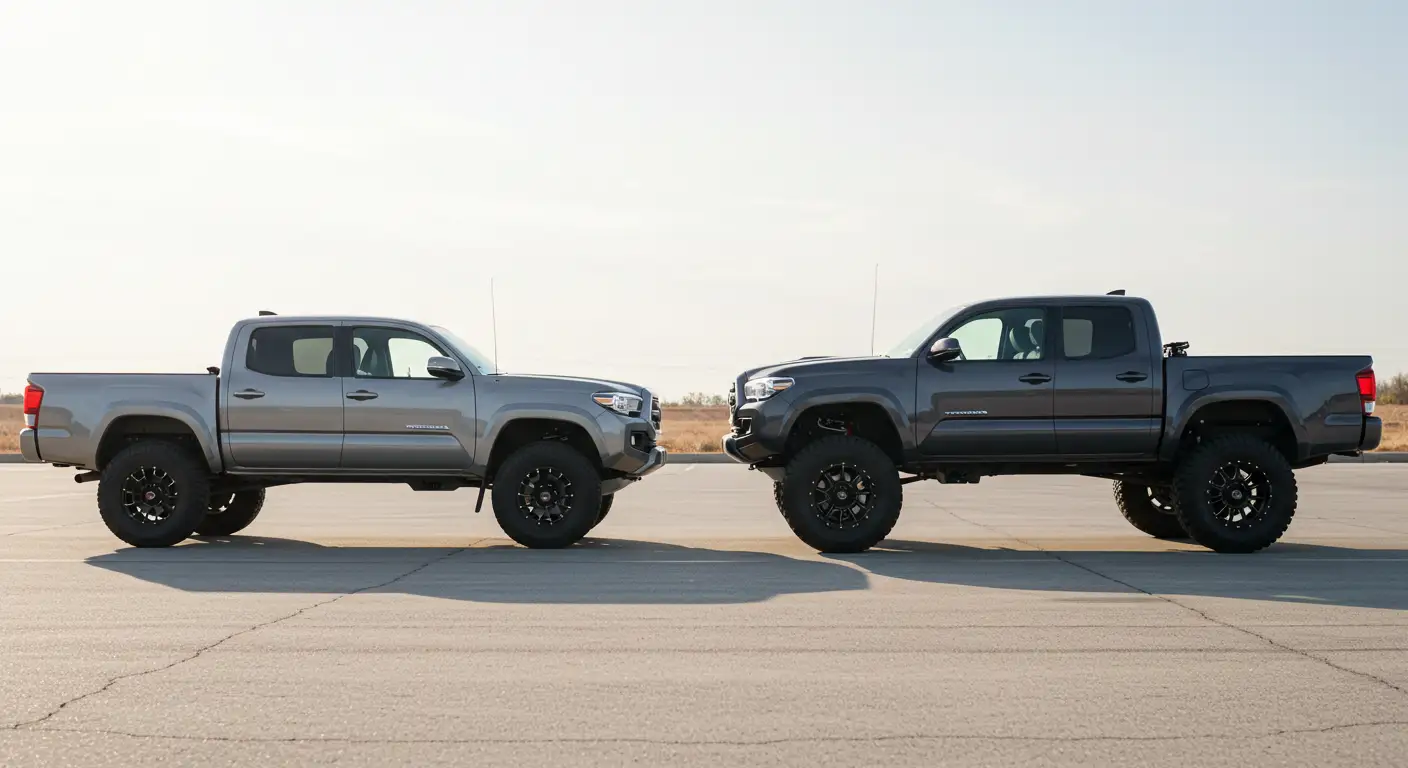
Main Types of Lifts:
-
Suspension Lift: Replaces or modifies coilovers, leaf springs, control arms, and shocks. Improves suspension travel and off-road performance.
-
Body Lift: Adds spacers between the frame and body. No effect on suspension travel.
-
Leveling Kit: Lifts the front to match the rear, removing factory rake.
How Much Lift?
-
1–2 inches: Minimal impact, clears 32–33” tires
-
2.5–3 inches: Most popular, solid off-road and tire upgrade
-
4–6 inches: Serious lift, requires drivetrain mods and more money
Pros and Cons of Lifting a Tacoma
Pros:
-
More Ground Clearance
-
Larger Tires Fitment
-
Aggressive Stance
-
Improved Off-Road Angles
-
Better Suspension Travel
Cons:
-
Higher Center of Gravity
-
Reduced MPG
-
Drivetrain Wear
-
Cost Adds Up
Leveling Kits vs Suspension Lifts vs Body Lifts
Leveling Kits
Use case: Best for mild off-roaders or daily drivers
Pros: Cheap, easy install, clears 32s or small 33s
Cons: No added suspension travel
Body Lifts
Use case: For appearance and tire clearance
Pros: Keeps factory ride
Cons: Doesn’t help off-road, doesn’t add real clearance
Suspension Lifts
Use case: Real off-road performance and tire clearance
Pros: More travel, better shocks, long-term performance
Cons: Expensive, may require additional parts
Real-World Driving Changes After a Lift
Lifting a Tacoma changes how it drives:
-
Higher ride height improves visibility
-
Steering can feel floatier
-
More body roll in corners
-
Braking distance may increase
-
Acceleration lag with larger tires
Suspension travel improves with upgraded shocks, not with cheap spacers.
Off-Road Benefits Explained
-
Increased ground clearance for obstacles
-
Sharper approach and departure angles
-
Wider stance and larger tires = more traction
-
Suspension travel improves ride comfort on trails
Recommended Setups:
-
ICON Stage 2 + UCAs
-
Bilstein 6112/5160
-
OME BP-51 for overland rigs
The Downsides Nobody Talks About
-
Budget spacer lifts can make ride quality worse
-
Poor alignment after a lift leads to rapid tire wear
-
CV axles, tie rods, and ball joints take more stress
-
Fuel economy typically drops 1–4 MPG
-
Insurance premiums or legal limits may apply in some states
Cost Breakdown: DIY vs Professional
Basic Spacer/Leveling Kit
-
Kit: $100–$300
-
Labor: $300–$500
-
Total: $500–$900
Mid-Level Suspension Lift
-
Kit: $1,200–$2,500
-
Tires: $1,000+
-
Labor: $500–$900
-
Total: $2,800–$5,000+
High-End Lift with Regear
-
Kit + gears + tires: $6,500–$10,000+
Does It Affect MPG, Towing, or Daily Driving?
MPG Impact
-
Stock: 18–21 MPG
-
Lift + 33s: 15–17 MPG
-
Lift + 35s: 12–15 MPG
Towing Impact
-
Changes in hitch height
-
Torque loss unless re-geared
Daily Driving
-
Tougher to park
-
More wind resistance
-
Harder to get in/out without step bars
Choosing the Right Kit for Your Build Goals
Daily Driver
-
1.5–2” leveling kit
-
Keep stock ride and MPG
Weekend Off-Roader
-
2.5–3” suspension lift
-
Upper control arms and 33” tires
Trail Rig / Overlander
-
Premium suspension
-
33–35” tires
-
Load-rated springs and re-gear
Final Verdict: Who Should (and Shouldn’t) Lift?
Lift if you:
-
Go off-road or overland
-
Want aggressive stance
-
Are ready for full setup cost
Don’t lift if you:
-
Just daily drive on pavement
-
Aren’t ready for supporting mods
-
Want maximum fuel economy
FAQs
What’s the best lift height?
2.5 to 3 inches is the sweet spot for most Tacoma owners.
Do I need aftermarket control arms?
Yes, with lifts over 2.5 inches.
Will a lift void my warranty?
Suspension-related coverage may be denied. Ask your dealer.
Can I daily drive a lifted Tacoma?
Yes, as long as it’s properly aligned and not overdone.
Does a lift help or hurt resale value?
Depends on the buyer. Well-done lifts can add value.
Final Take
Lifting your Tacoma is more than just a style upgrade—it’s a full commitment. When done right, it adds capability, clearance, and confidence. But if you skip planning or cut corners, you’ll deal with poor ride, drivetrain wear, and regret.
Lift smart. Build for your goals. Make it worth it.

